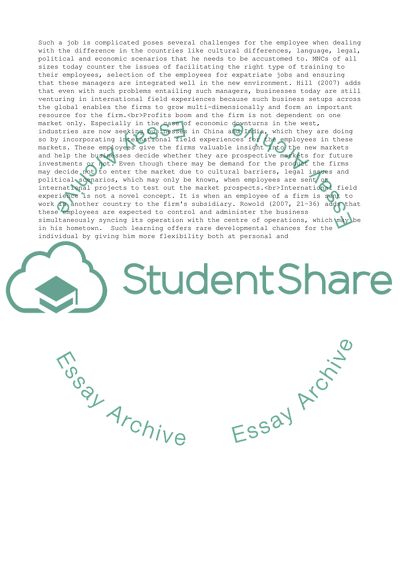Cite this document
(“Business research project Essay Example | Topics and Well Written Essays - 6500 words”, n.d.)
Business research project Essay Example | Topics and Well Written Essays - 6500 words. Retrieved from https://studentshare.org/business/1620971-business-research-project
Business research project Essay Example | Topics and Well Written Essays - 6500 words. Retrieved from https://studentshare.org/business/1620971-business-research-project
(Business Research Project Essay Example | Topics and Well Written Essays - 6500 Words)
Business Research Project Essay Example | Topics and Well Written Essays - 6500 Words. https://studentshare.org/business/1620971-business-research-project.
Business Research Project Essay Example | Topics and Well Written Essays - 6500 Words. https://studentshare.org/business/1620971-business-research-project.
“Business Research Project Essay Example | Topics and Well Written Essays - 6500 Words”, n.d. https://studentshare.org/business/1620971-business-research-project.


